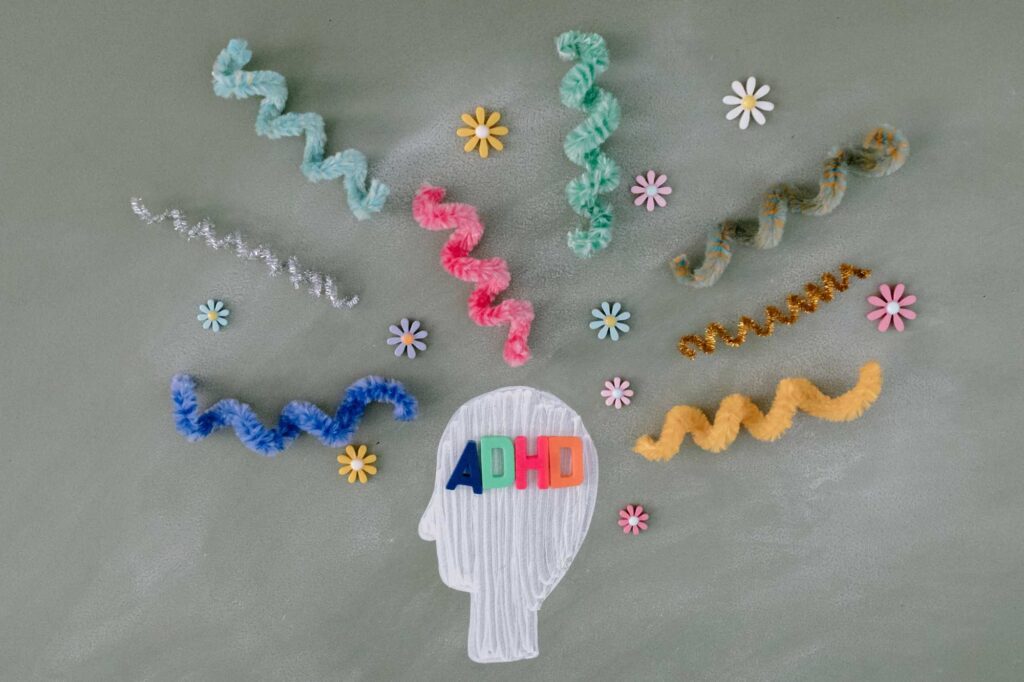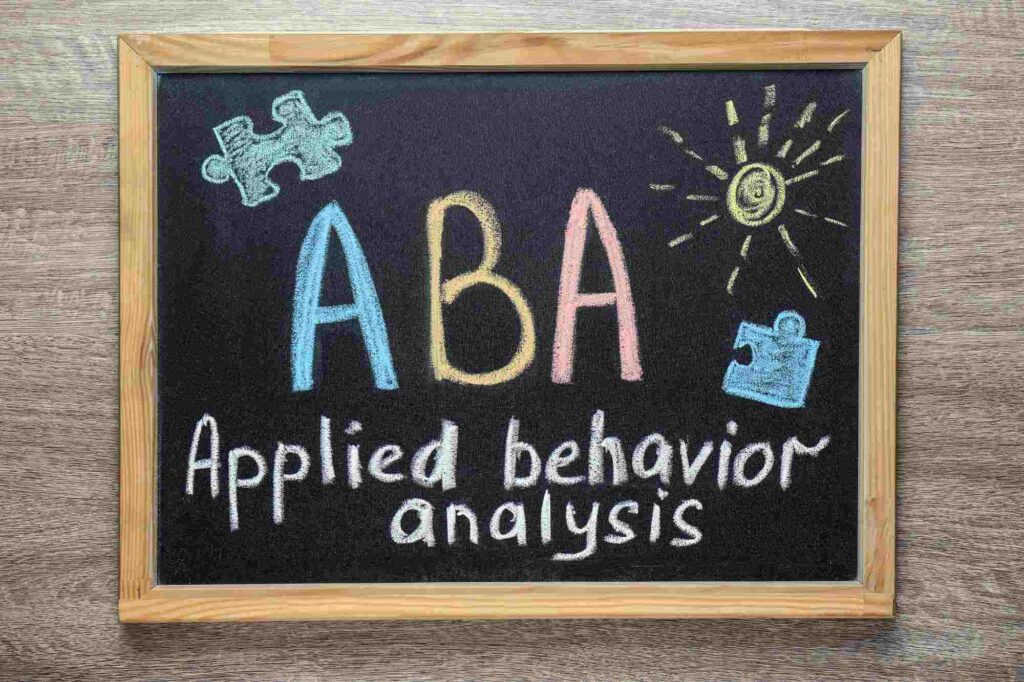In this article, we will explore how ABA Therapy can help people with behavioral problems, and how it is applied in different contexts.
Applied Behavior Analysis (ABA) Therapy is a behavioral science-based intervention methodology that has been widely used to treat people with a variety of behavioral challenges. Although ABA therapy is most well-known for helping kids with autism spectrum disorders (ASD). It has also been shown to be a very helpful treatment for behavioral issues in persons of all ages and diagnoses.
Behavior problems and their impact
Behavioral problems can manifest themselves in a variety of ways and in a variety of circumstances. Among the most common are conduct disorders, such as aggression, temper tantrums, disobedience, lack of self-control, self-mutilation, and problems related to anxiety or stress. These disorders can significantly interfere with people’s daily lives, affecting their ability to interact socially, learn, and even function appropriately in their home or school environment.
Behavioral problems can also be a symptom of underlying disorders such as Attention Deficit Hyperactivity Disorder (ADHD), Oppositional Defiant Disorder (ODD), Generalized Anxiety Disorder (GAD) or Post Traumatic Stress Disorder (PTSD), among others. Treatment can be challenging for families, educators and healthcare professionals, as it requires an appropriate and personalized intervention that addresses the root cause of the behaviors.
How ABA Therapy Addresses Behavioral Problems?
ABA Therapy uses a few techniques based on principles of learning and behavior modification to address behavior problems. Below, we explore the key strategies used in ABA to modify problem behaviors:

1. Positive reinforcement
This strategy involves rewarding or reinforcing a desired behavior immediately after it is performed. The possibility that the behavior will be repeated in the future rises as a result. In this context, positive reinforcement can be used to reinforce appropriate behaviors and teach new skills to replace problem behaviors.
For example, if a person engages in aggressive behavior in frustrating situations, therapy may focus on teaching healthier ways to manage frustration. Such as assertive communication or using relaxation techniques. When the person uses these alternatives instead of aggression. It is positively reinforced, which motivates the person to continue using those strategies.
2. Redirection of behavior
Redirection is another technique commonly used in ABA. It involves diverting the individual’s attention from unwanted behavior toward more appropriate or functional behavior. This approach is especially useful when problem behaviors arise during times of high emotion or tension. Instead of punishing the behavior, the therapist guides the person toward an alternative that is more productive.
For example, if a child begins to behave disruptively during an activity, the therapist may redirect him or her to a calmer task or suggest engaging more positively in the activity. The key in this approach is to remain calm and provide a viable alternative that reinforces appropriate behavior.
3. Desensitization and gradual exposure
When behavioral problems are related to fears, anxieties, or trauma, ABA may include desensitization and gradual exposure strategies. Desensitization involves progressively exposing the individual to anxiety-inducing situations. Starting with a less intense version of the situation and gradually increasing exposure as the person gains confidence and control.
For those who display undesirable behaviors because of sensory or emotional overload, this method is especially helpful. By working gradually with the person, ABA helps reduce anxiety and improve the ability to handle difficult situations without resorting to destructive behaviors.

4. Functional analysis of behavior
Functional analysis is a key component of ABA Therapy. Before implementing any intervention, therapists conduct a thorough assessment of problematic behavior to understand its source and possible underlying reasons. This involves identifying the antecedents and consequences of a behavior, which helps therapists determine the purpose of the behavior (for example, to obtain attention, avoid a task, or satisfy a sensory need).
Specific interventions are created to change a behavior once its purpose has been determined. The goal is to teach alternative skills that allow the person to meet their needs in a more adaptive way.
5. Generalization of skills
An important aspect of ABA is skill generalization. That is, the ability to apply what is learned in different environments and situations. It is common for people with behavior problems to behave differently in various ways, such as at home, at school, or in social situations. The goal of ABA therapy is to help patients become more independent and functional by teaching them skills that they can apply outside of the therapeutic context.
For example, if working on improving communication or reducing aggression, ABA will ensure that these skills are transferable to different situations. Such as in interactions with peers, at school, or in recreational activities.
Conclusion on therapy for people with behavioral problems
ABA Therapy in miami Florida is a powerful and effective tool. For treating behavioral problems because it is based on sound scientific principles and an individualized approach. Using techniques such as positive reinforcement, redirection, desensitization, and functional analysis. ABA helps people overcome their problem behaviors and develop more adaptive and functional skills.
Although it can be useful for a wide range of behavioral disorders. It is important that intervention is delivered early and in collaboration with trained professionals. By doing so, long-lasting results can be achieved that significantly improve the quality of life of people, regardless of their diagnosis or age.






